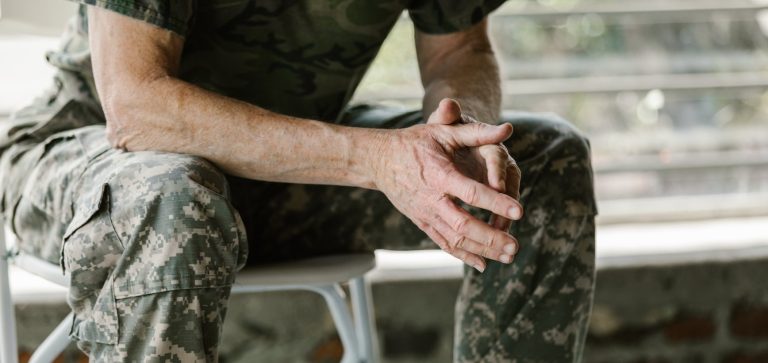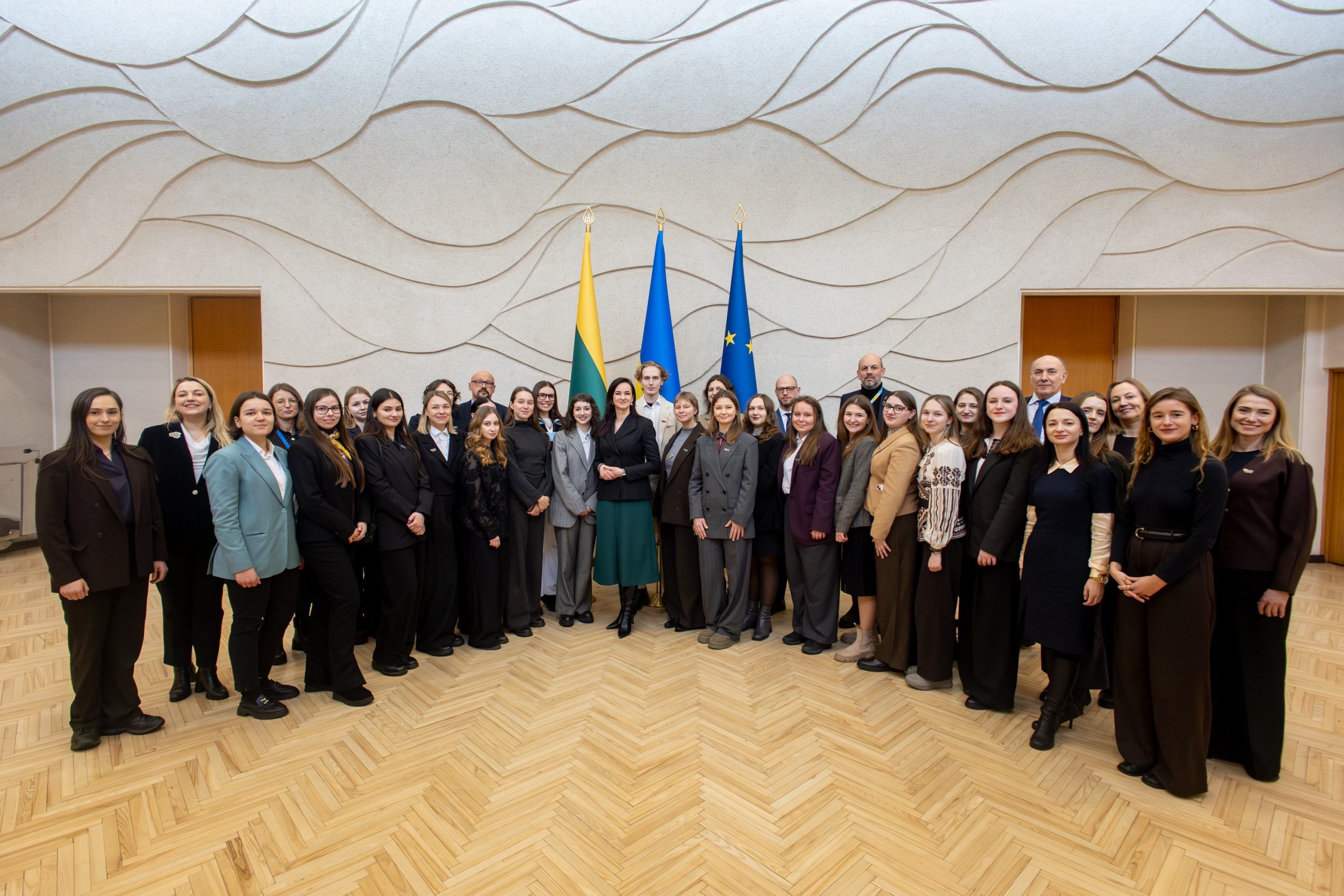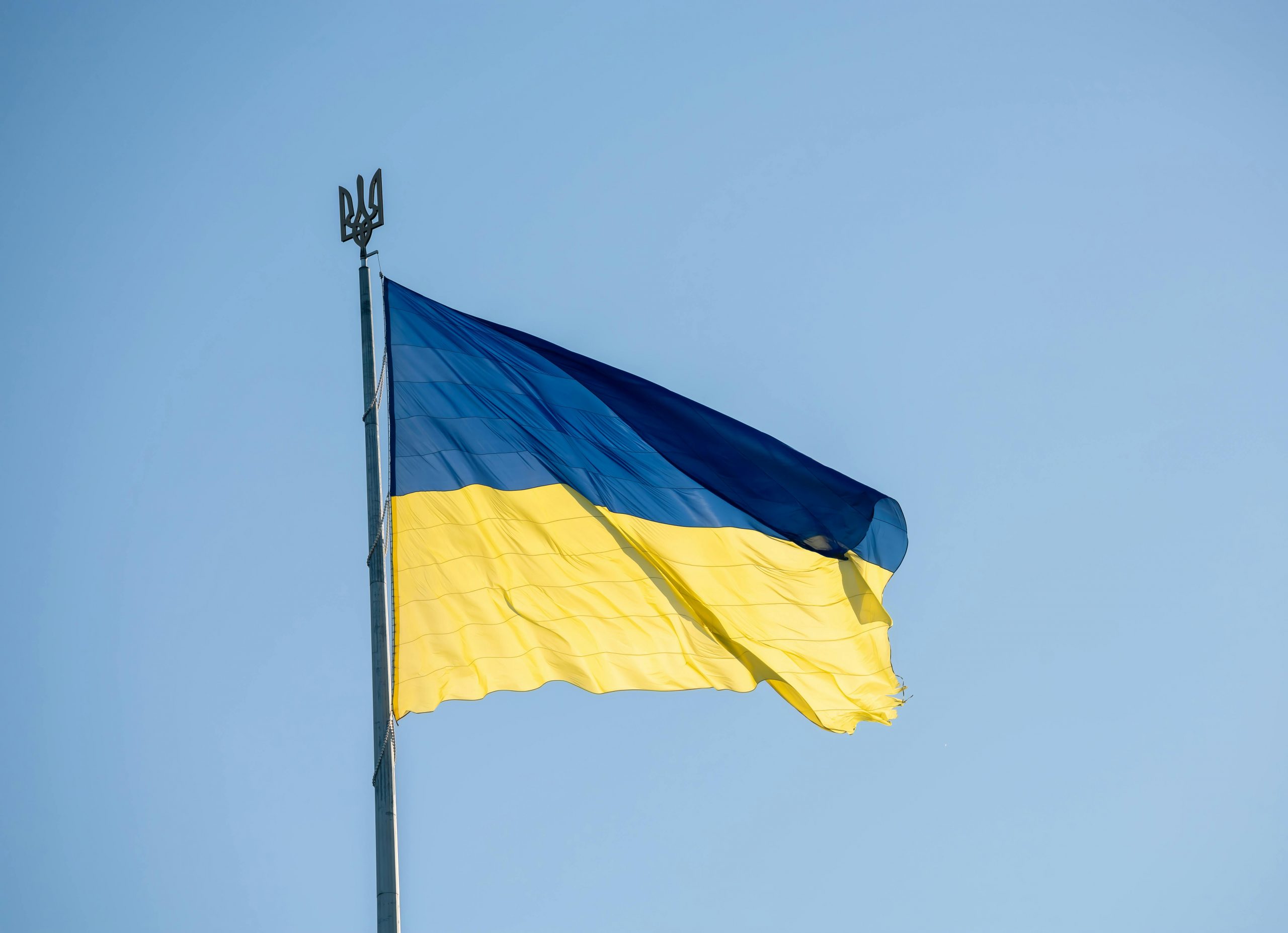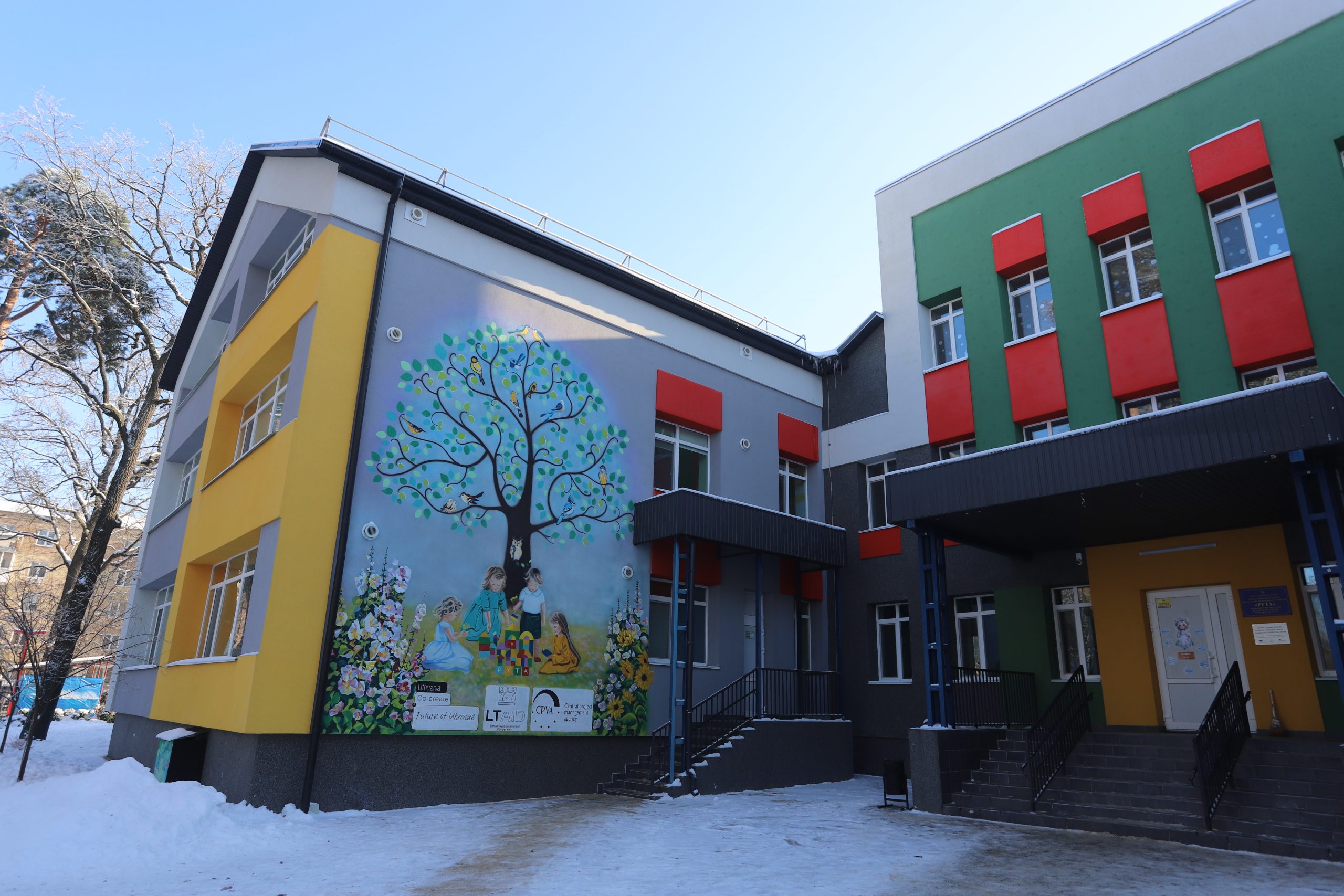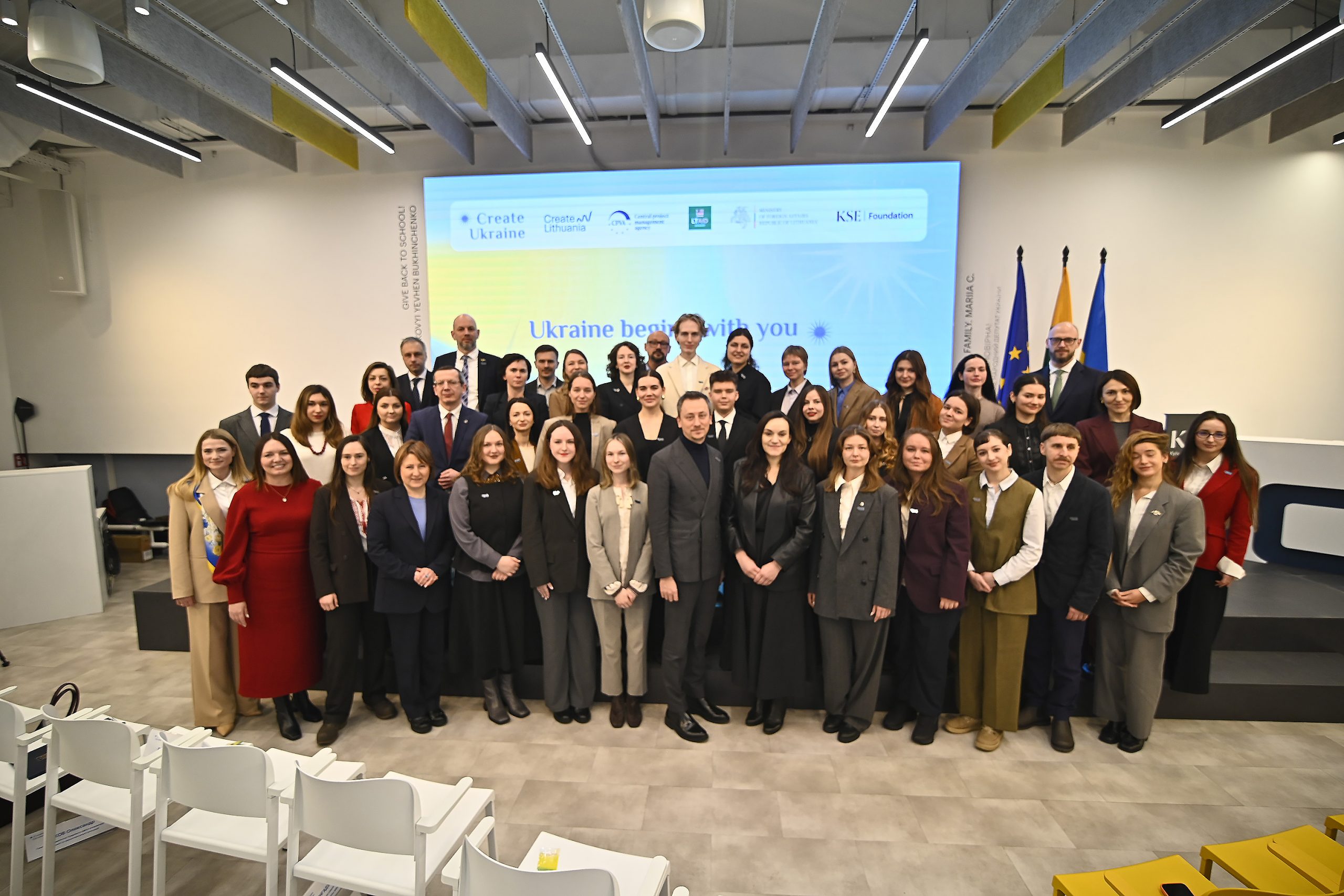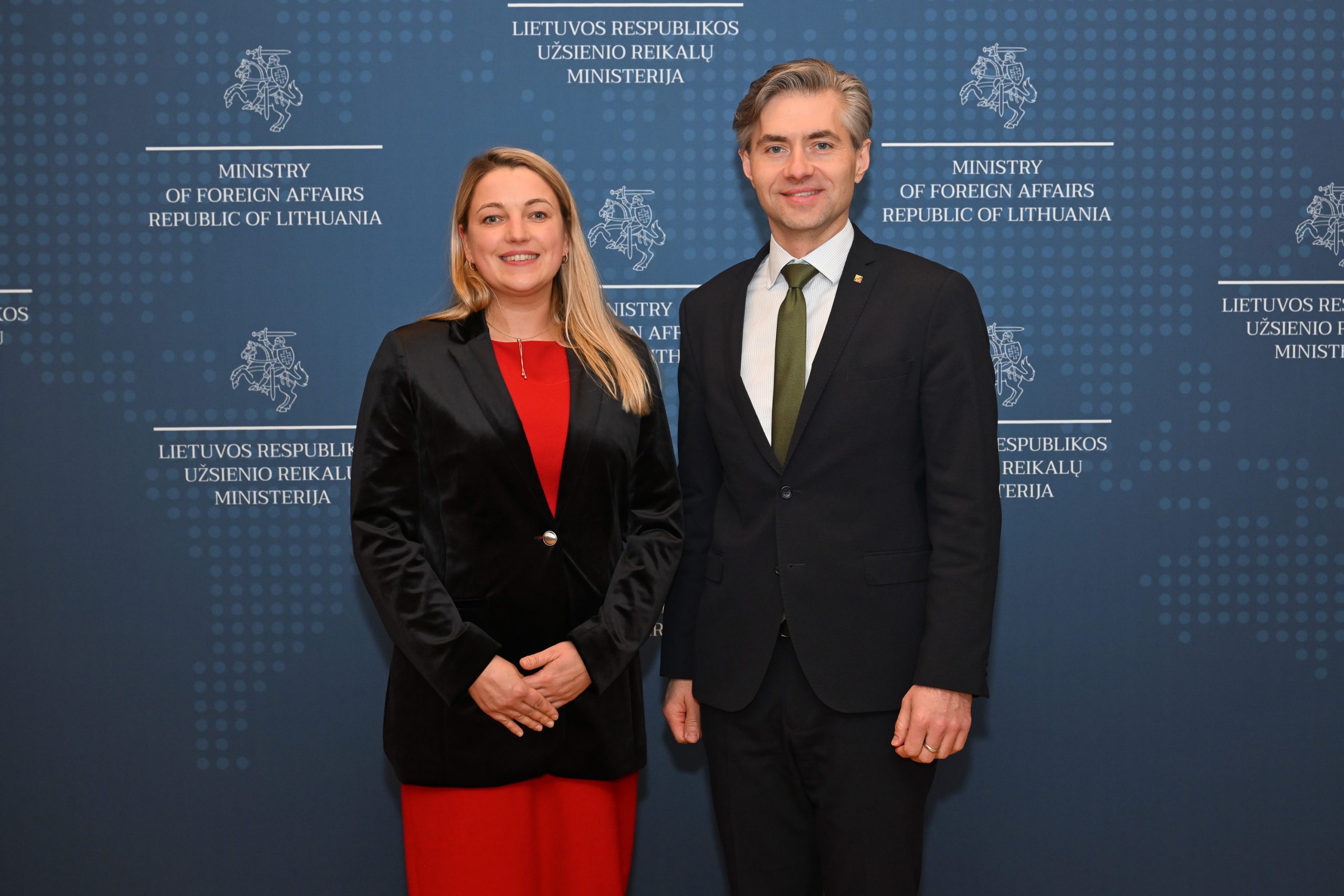The Central Project Management Agency (CPVA) has undertaken a significant research initiative as part of the EU co-funded “EU4Youth Phase III Youth Employment and Entrepreneurship” programme. Commissioned by CPVA, the study titled “Returning from the War” delves into the challenges experienced by young veterans and ex-combatants in Ukraine.
Led by esteemed experts and researchers from the research institution, NDC “Institute of Family and Youth Policy named after Oleksandr Yaremenko” the study was conducted from January to May 2023.
Challenges with Veterans’ Policy in Ukraine
Since 2014, after the onset of the Ukraine-Russia war and Russia’s annexation of Crimea and the eastern part of Ukraine, the country has been steadfastly addressing the complex task of rehabilitating and reintegrating veterans and ex-combatants into the labour market and society. This challenge is set to intensify further due to Russia’s ongoing war against Ukraine, which has persisted since February 2022.
In 2022, there were approximately 851 068 veterans in Ukraine, according to the Ministry of Veteran Affairs of Ukraine. Now the total number of veterans and ex-combatants has increased up to 2 million and continues to grow. Many of them are under the age of 35.
Ukraine encounters various challenges in providing comprehensive support to these veterans. More than 77% of veterans say they struggle with the lack of work upon return and 43% of those who completed military service faced unemployment for some time. And more than half want to return to their previous workplace after victory.
Despite numerous laws and regulations granting veterans rights and benefits, the fragmented implementation across different agencies hampers effective support. According to the survey, about 53% of veterans have difficulties in obtaining medical assistance and the same amount faces problems with registration of social benefits.
Due to the absence of a unified information resource, veterans have limited awareness of available reintegration services and support mechanisms.
Insufficient qualifications among civilian medical professionals and psychologists involved in veteran support pose challenges in delivering quality psychological rehabilitation and medical assistance in times when 66.8% of veterans face psychological disorders and 47.9% struggle with alcohol dependence. The absence of a registry for veteran associations and civil organizations limits veterans’ opportunities to join support groups and engage in civic activities.
Survey results
The survey showed that Ukrainian veterans face numerous challenges during their reintegration into civilian life. Obtaining combatant or disability status is hindered by lengthy waiting times and bureaucratic procedures.
Persistent prejudices and stereotypes surround veterans’ mental health, emotions, and reliance on benefits. The transition to civilian life also presents difficulties with adaptation and biased attitudes from employment and social service centres.
Looking ahead, veterans require information support, employment assistance, and resources for starting businesses. About 50% of veterans who did not serve in the Forces in February 2023 said they now need material assistance. About 53% said they will need assistance with strengthening their health in the future, 34.7% – with the purchase of housing, and 31% – with financial support.
While many are willing to start businesses, obstacles such as ongoing military actions, limited capital, restricted access to credit, and bureaucratic hurdles impede their entrepreneurial aspirations.
Recommendations and Proposals from Veterans’ Study
As the number of veterans is expected to increase following the war, the study provided recommendations to governmental institutions and service providers to help support young veterans.
First is the development of a comprehensive state policy for young veterans’ that will include amending various Acts to ensure employment and job security during and after conscription, enhancing awareness and access to social support, and implementing a mentorship system to aid veterans’ transition to civilian life. It will also include a website with lots of information about services for veterans and the process to get veteran status will be made simpler.
Secondly, an approach to improve the reintegration of discharged military personnel includes a national mentorship program with a registry and civil organization involvement. Specialized training for social service workers and psychologists will be arranged, along with mandatory psychological screenings for returning veterans. An association registry for veterans will be implemented, facilitating their successful transition back into civilian life, as well as online resources and tools will be provided for job market updates and educational opportunities.
The policy also proposes encouraging employers to generate new job opportunities for veterans by offering subsidies and compensations. It suggests enforcing employment quotas for veterans, requiring amendments to existing legal documents. It aims to support veteran entrepreneurs through national and regional programs, aiding in business plan preparation and grant applications. To further assist veteran-owned businesses, the policy proposes reducing tax burdens and granting easier access to government contracts. During mentorship, business centres will be established with a focus on the green economy. Other provisions include legislative recognition of veteran businesses, management education quotas, and benefits, a concessional taxation period, benefits for retailers working with veteran-owned suppliers, and highlighting successful veteran entrepreneurs.
Financed by the European Union and the Ministry of Foreign Affairs of Lithuania, the EU4Youth Phase III Youth Employment and Entrepreneurship programme is being implemented by the Central Project Management Agency (CPVA) in Eastern Partnership countries, including Armenia, Azerbaijan, Belarus, Georgia, Moldova, and Ukraine. The initiative will continue its activities until the middle of 2025, focusing on providing technical assistance to governmental and non-governmental organizations involved in addressing youth employment and employability.
